Hurricane preparedness for pregnant women
Being pregnant during hurricane season in Louisiana requires special preparation to keep both you and your baby safe. Evacuation is strongly recommended for pregnant women and mothers with newborns, as storms can disrupt medical care and create dangerous conditions. Here's your comprehensive guide to staying prepared:
1. Create your pregnancy-specific evacuation plan
Essential evacuation checklist for pregnant women:
Complete copy of your prenatal records and medical history
Two weeks' worth of all prenatal vitamins and medications
Contact information for obstetricians and midwives in your evacuation area
Your pre-packed hospital bag with birth essentials
Breast pump and supplies if you're planning to breastfeed
Maternity clothes and comfortable shoes for extended stays
Phone chargers and backup battery packs
Planning your evacuation:
Identify your evacuation destination early in the season and confirm accommodations
Share your evacuation location and emergency contact information with your OB provider
Ensure your healthcare provider has your current phone number and knows your due date
Register with your parish for evacuation assistance if you need transportation
Plan multiple evacuation routes in case primary roads are blocked
2. Shelter and accommodation considerations
If staying in a shelter:
Notify shelter staff immediately about your pregnancy and due date
Request accommodation near restroom facilities
Bring extra pillows and blankets for comfort
Pack any special dietary needs or pregnancy-related supplies
For hotel or family accommodations:
Research nearby hospitals and birthing centers in your evacuation area
Confirm your insurance coverage extends to out-of-area providers
Keep a list of 24-hour pharmacies in case you need medications
3. Know the warning signs during evacuation
Signs of preterm labor to watch for:
Regular contractions before 37 weeks
Lower back pain that comes and goes
Pelvic pressure or cramping
Fluid leaking from the vagina
Vaginal bleeding or unusual discharge
When to seek immediate medical attention:
Any signs of preterm labor
Severe headaches with vision changes
Persistent nausea and vomiting
Decreased fetal movement
High fever or signs of infection
4. Nutrition and hydration during evacuation
Essential food and water supplies:
At least one gallon of clean water per day for drinking and food preparation
High-protein, nutrient-dense snacks (nuts, protein bars, dried fruits)
Prenatal vitamins and any prescribed supplements
Foods rich in folic acid and iron
Electrolyte drinks to prevent dehydration
Special considerations:
Avoid foods that require refrigeration unless you have reliable cold storage
Pack extra snacks as pregnancy increases caloric needs
Stay hydrated, especially in hot weather or stressful situations
Consider food safety carefully, as foodborne illness is more dangerous during pregnancy
5. Feeding your newborn during evacuation
For breastfeeding mothers:
Breastfeeding is the safest feeding option during emergencies
Pack a battery-operated or manual breast pump to maintain milk supply
Bring storage bags and containers for expressed milk
Stay well-hydrated and nourished to support milk production
For formula feeding:
Pack at least 3 days' worth of powdered formula
Bring pre-sterilized bottles and sippy cups
Pack bottle brushes and sterilizing tablets
Ensure access to clean water for formula preparation
Stored breastmilk guidelines:
Thawed frozen breastmilk: use within 24 hours
Refrigerated breastmilk: good for 4 days
Room temperature breastmilk: use within 4 hours
6. Managing pregnancy stress during storms
Emotional well-being strategies:
Practice deep breathing and relaxation techniques
Stay connected with your support network through phone or video calls
Maintain as normal a routine as possible
Don't hesitate to ask for help from family, friends, or shelter staff
Managing physical discomfort:
Elevate your feet when possible to reduce swelling
Move around regularly to prevent blood clots
Use pillows to support your belly while sleeping
Stay cool and avoid overheating
7. Healthcare access during and after the storm
Telehealth options:
Many OB providers offer telehealth consultations during emergencies
Download your provider's patient portal app before the storm
Keep a list of telehealth platforms that accept your insurance
Have a reliable internet connection or cellular data plan
Continuing medical care:
Contact your healthcare provider as soon as it's safe after the storm
Don't skip prenatal appointments, even if rescheduling is needed
Monitor your blood pressure if you have pregnancy-related hypertension
Keep taking prenatal vitamins and prescribed medications
8. Special considerations for high-risk pregnancies
If you have pregnancy complications:
Evacuate earlier than the general population recommendations
Bring detailed medical records including recent test results
Pack extra medications and medical supplies
Consider staying closer to a major medical center
Discuss your specific evacuation plan with your healthcare provider well before hurricane season
9. Postpartum recovery during evacuation
For new mothers:
Pack postpartum supplies including pads, pain medication, and breast care items
Monitor for signs of postpartum complications like excessive bleeding or infection
Maintain proper hygiene to prevent infection
Seek medical attention immediately for fever, severe pain, or heavy bleeding
10. Financial and insurance considerations
For Medicaid recipients:
Emergency Medicaid coverage may extend to out-of-state providers during disasters
Keep your Medicaid card and identification easily accessible
WIC benefits may be available in your evacuation location
Ask about emergency prescription assistance programs
Important reminders:
Verify that your insurance covers emergency care in your evacuation location
Keep cash on hand for unexpected expenses
Document any storm-related medical expenses for potential FEMA assistance
Emergency contacts and resources
Keep these numbers easily accessible:
Your OB provider's emergency line
Local emergency services (911)
Poison Control: 1-800-222-1222
Your insurance company's 24-hour nurse line
March of Dimes pregnancy helpline: 1-800-311-BABY
Helpful apps and websites:
FEMA app for emergency alerts and assistance
What to Expect pregnancy tracker
Your healthcare provider's patient portal
Red Cross emergency app
Remember: Your safety and your baby's health are the top priority. Don't hesitate to evacuate early if recommended, and always follow the guidance of emergency officials and your healthcare provider. Having a solid plan in place helps ensure the best possible outcomes for both you and your baby during hurricane season.

